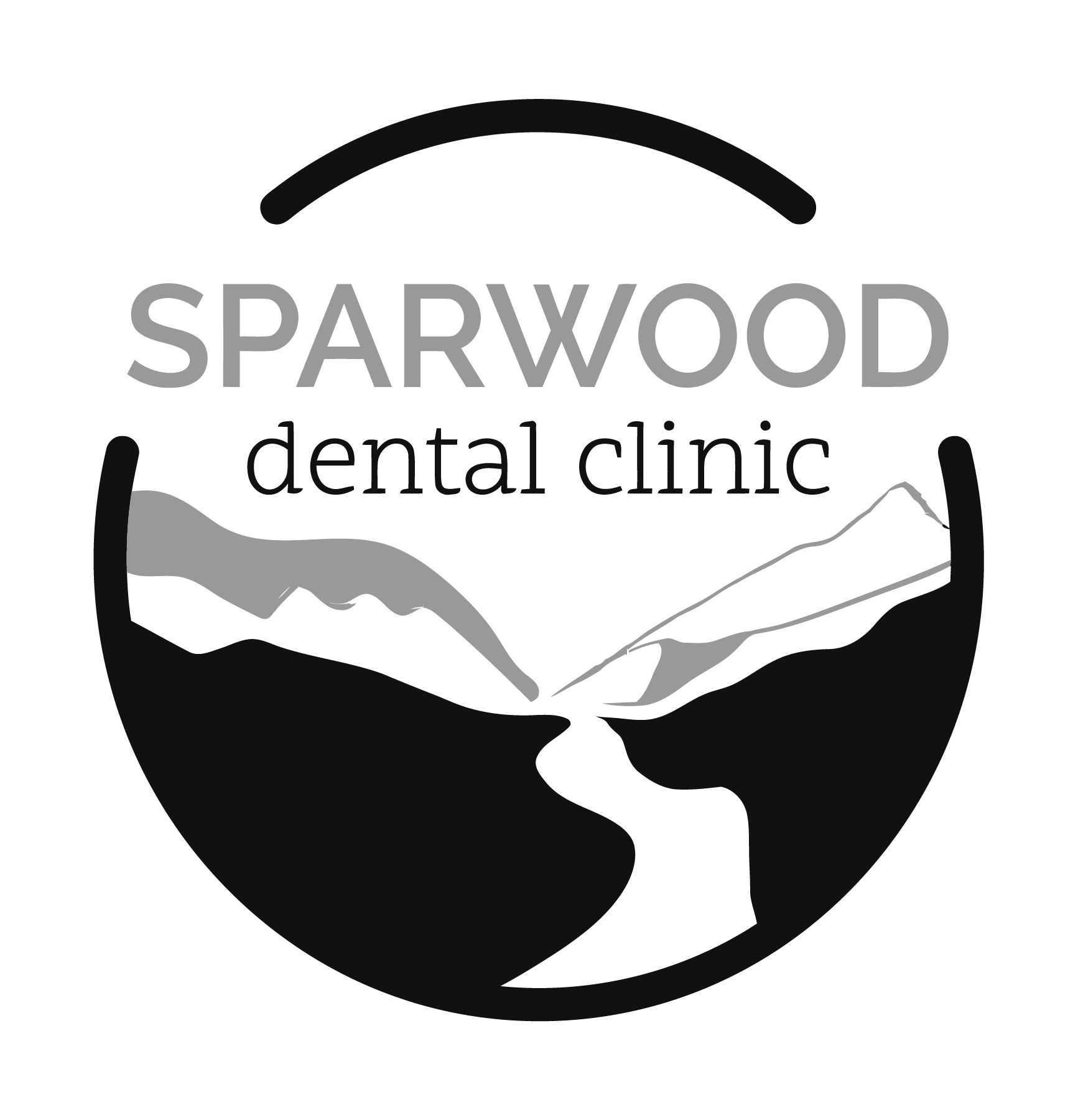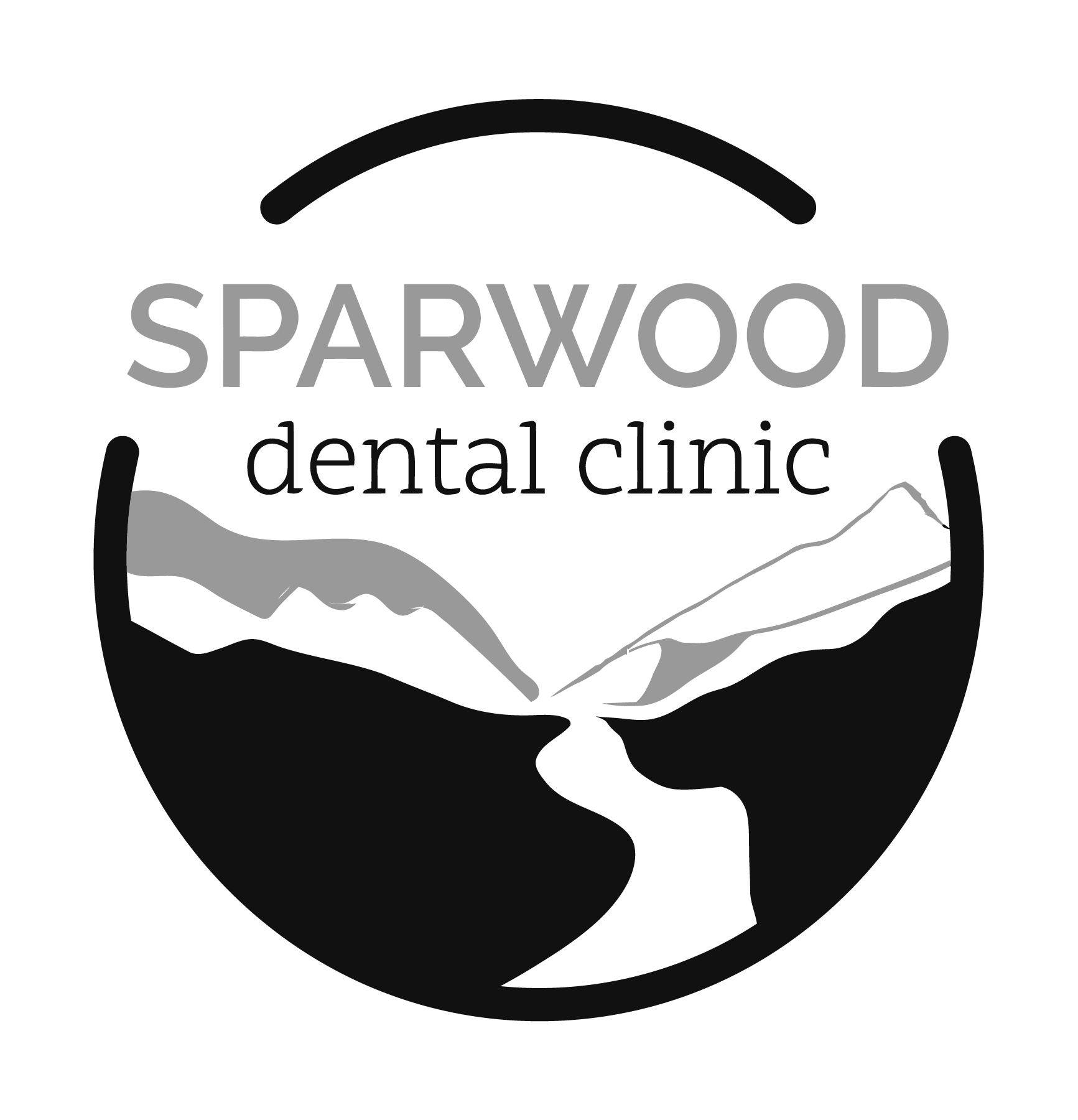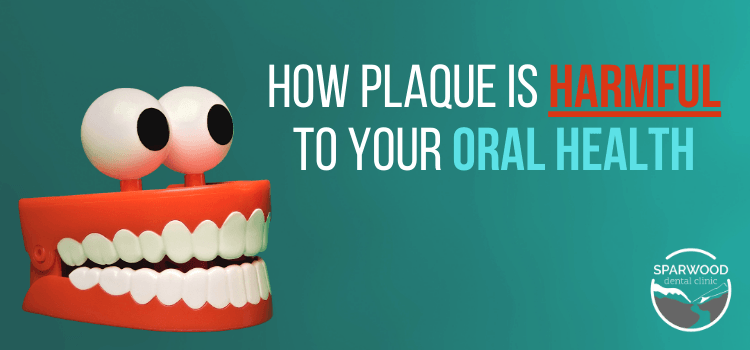How Plaque is Harmful to Your Oral Health
Everything we eat, drink, and consume progressively adds to the bacteria that grows in our mouth, which forms as plaque. Plaque is a sticky and white substance that creates a film over our teeth. It is produced by sugars, starches, saliva, and food particles which create bacteria in the oral cavity. It is natural for our bodies to create bacteria in the mouth; both good and bad. The healthy bacteria that we have in our mouth helps break down our food and kill the bad bacteria that may be in the oral cavity. The good bacteria do this by generating proteins that will help control bad bacterium that is forming. Bad bacteria can still occur, even with all the good bacteria found in the mouth. Bad bacteria can cause plaque to form, excessive bad breath, or cause tooth decay. It tends to thrive in environments that are already high in plaque and tartar. Plaque and tartar will develop along the gum line, in front of the teeth and behind them. There is also the possibility that it may develop below the gums on the roots of the teeth, which would break down the bones of the teeth. This will transpire if we do not brush our teeth after consumption because all the bacteria and acids will create a layer of plaque. If you are wondering what plaque feels like, it feels like a thin layer of fuzz on the teeth. Most patients can run their tongue along the teeth and feel an unnatural substance layered upon them; which is plaque.
The Impacts of Plaque
Many patients do not realize the impact plaque can have on our oral health, and even overall health if not prevented. If plaque is left untreated, it can become tartar. Tartar, also known as dental calculus, is when plaque hardens and becomes a dark yellow or brown substance. Tartar is much harder to remove than plaque because it requires a visit to the dentist to remove. In addition to tartar, there are other impacts of plaque that could cause problems to your oral health, which include:
Cavities
A cavity is an area of the tooth that has become a crevice. Cavities tend to begin as a small hole, however, if left untreated they can become larger. As cavities become larger, they can create pain, sensitivity, and permanent damage. A cavity will occur when the acid from plaque has begun to remove minerals from the outer layer of the tooth, allowing for these attacks to create holes. If plaque is removed by flossing and brushing, there is low likelihood of cavities arising.
Gum Inflammation
Our mouths are the door to the rest of the body, everything we put in it, will impact us in some way. There are certain instances where our body will give us symptoms to show that something may not be right. Inflamed gums are one of the ways our bodies show us that either we have too much plaque built up, or we are suffering from gum disease. It is understandable that gum inflammation can create a large amount of discomfort, but it can also lead to other severe problems. When the gums are inflamed, they appear red rather than pink, and appear swollen around the gum line. As plaque forms on the teeth, the acid within it will begin to break down the surface of the tooth and irritate the gums. This could progressively become gum disease, which is a much more serious dental condition. To prevent the possibility of gum disease, be sure to visit the dentist every three months to ensure your oral health is in good physical condition.
Halitosis
Halitosis, commonly known as bad breath, is when there is a strong odor that releases from the oral cavity. Halitosis commonly occurs because of dental issues like plaque build-up. There are instances when there is food lodged between the teeth and when this happens, it gives existing bacteria the opportunity to feed on. If it is not treated properly, there is the chance that it could become a permanent condition. If bad breath consists during the day, it is important to visit us. We want to make sure that halitosis does not become a permanent condition, just a temporary one.
Preventing Plaque Build-up
Preventing plaque build-up should not be a complex process, as it is a routine that should be a part of our everyday health care. Some preventative measures that should be in place to refrain from plaque building up are:
- Flossing daily – Using dental floss twice a day can help remove any unwanted food or plaque that may have stubbornly become lodged in between teeth. This should be done before brushing because it helps remove more plaque.
- Brushing twice a day – Since adolescence, we should be brushing our teeth twice a day for two minutes each time with a fluoride toothpaste. After flossing, this is the best way to remove any plaque that has built on the surface of the teeth or gum lines.
- Drinking water – One of the best methods to help refrain from a massive build-up of plaque is by staying hydrated. Drinking water helps produce more saliva in our mouths, which can help with flushing out any plaque that is wanting to latch onto our teeth.
- Making healthy food choices – Plaque creates on our teeth due to starchy and sugary foods, which is why we highly recommend a healthy diet. Indulging in sugar and starch every so often is okay. However, we suggest that brushing follows consumption so that plaque does not accumulate.
- Visiting the dentist – The best way to prevent and clear the mouth of any plaque growth is by visiting our dental clinic to have a hygienist thoroughly clean the mouth. This will give a patient a professional cleaning which will remove and plaque and tartar from the teeth and gum lines. This will leave your teeth sparkling and health.
Although plaque is unable to be completely avoided; it can be prevented. Ultimately, it is impossible to avoid eating and drinking. We just recommend trying and avoid overindulging in unnecessary sugars or starches. In the circumstance that you do enjoy some of these items, it is recommended to rinse the mouth with water to dislodge any food particles or bacteria that may be forming.
Dental plaque can be an easy fix to ensure that there is no permanent damage caused to the oral cavity. Plaque can be a stubborn substance to get rid of, which is why it is crucial to understand the importance of caring for your teeth. At, Sparwood Dental Clinic, we recommend scheduling an appointment with us to have a cleaning done once every three months. This will help ensure that your teeth stay in pristine condition, and there is no chance for plaque to make a home on your teeth.





